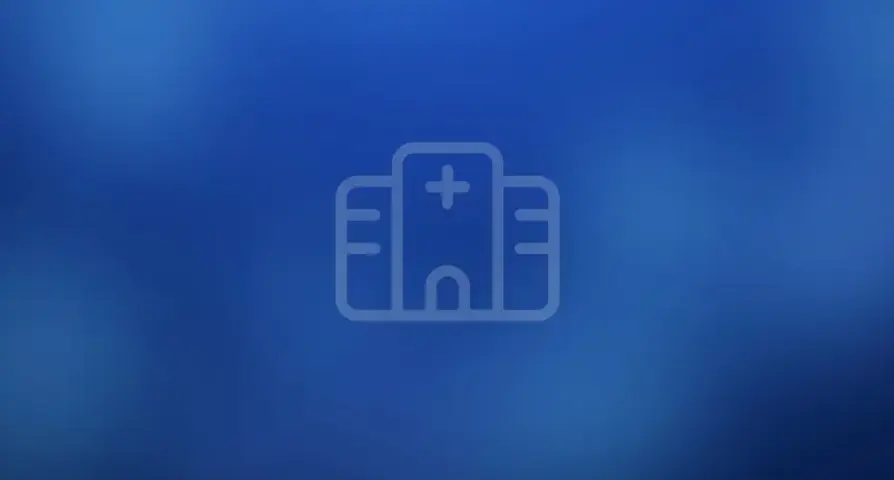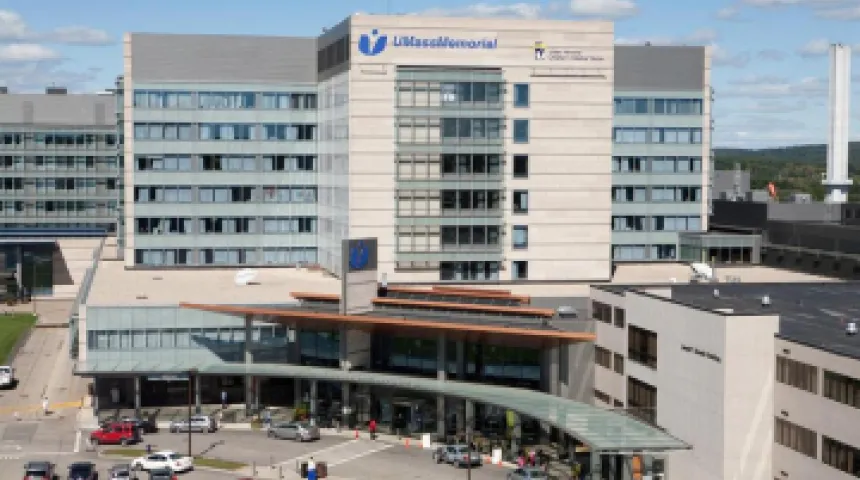Cardiac Imaging
Our Cardiology Locations

UMass Memorial Medical Center - Milford Multispecialty Office
91 Water Street,
First Floor,
Milford, 01757 MA

UMass Memorial Medical Center - Shrewsbury Center Cardiology
604 Main Street Cardiology,
Shrewsbury, 01545 MA
UMass Memorial Medical Center - Children's Medical Center
55 Lake Avenue North CMC,
Worcester, 01655 MA

UMass Memorial Medical Center - Westborough Cardiology
33 Lyman Street Cardiology,
Westborough, 01581 MA

UMass Memorial Medical Group - Center for Vein Disease
33 Lyman Street,
Suite 300,
Westborough, 01581 MA

UMass Memorial Medical Group - Cardiology at Marlborough Hospital
159 Union Street Cardiology,
Marlborough, 01752 MA
Why Choose UMass Memorial for Heart Imaging?
Convenient Access
We offer many cardiac imaging exams at our community hospitals close to where you live and work. Advanced tests are available at UMass Memorial Medical Center in Worcester. No matter what type of test you need, you don’t have to travel far for an accurate diagnosis and high-quality care.
Team Approach
Cardiac imaging specialists work alongside cardiologists, electrophysiologists, heart and vascular surgeons, and other experts to confirm a diagnosis and plan your treatment. Our multispecialty approach streamlines your care, giving you the answers you need sooner.
Second Opinions
If you have questions about a diagnosis you’ve received elsewhere, we can help. Our advanced cardiac imaging capabilities and leading-edge therapies mean we may be able to offer a more complete or accurate diagnosis or provide you with more treatment options. Learn more about our second opinion program.
Get Started
Call 855-UMASS-MD (855-862-7763) to request an appointment with a heart and vascular specialist.

